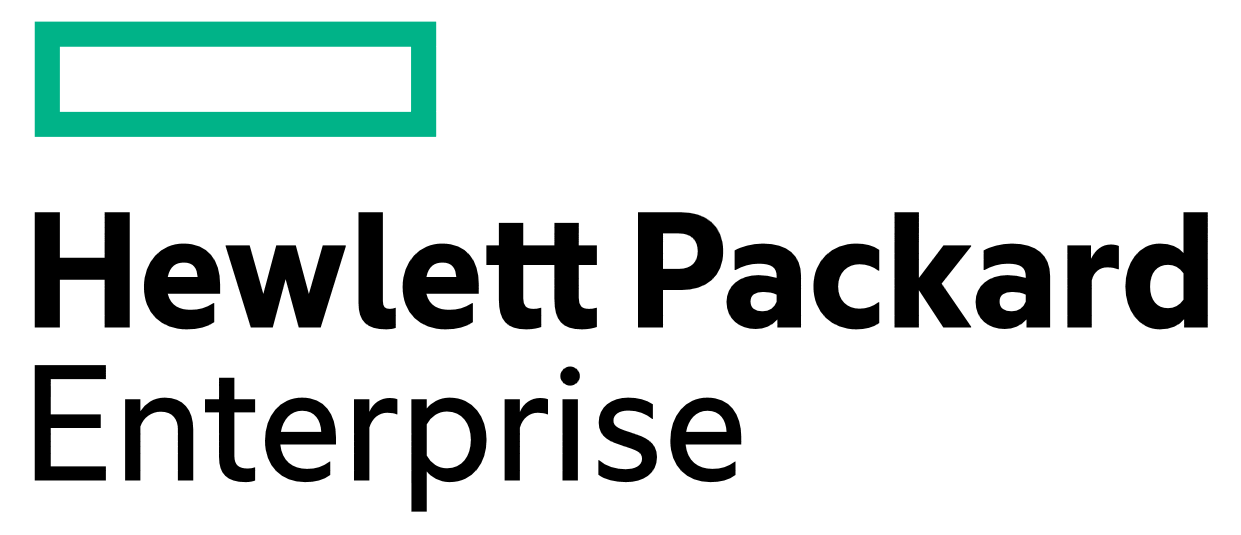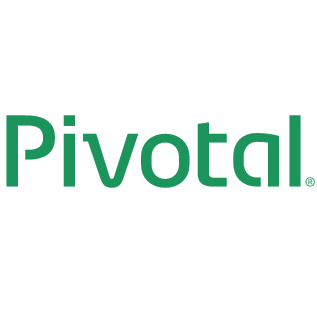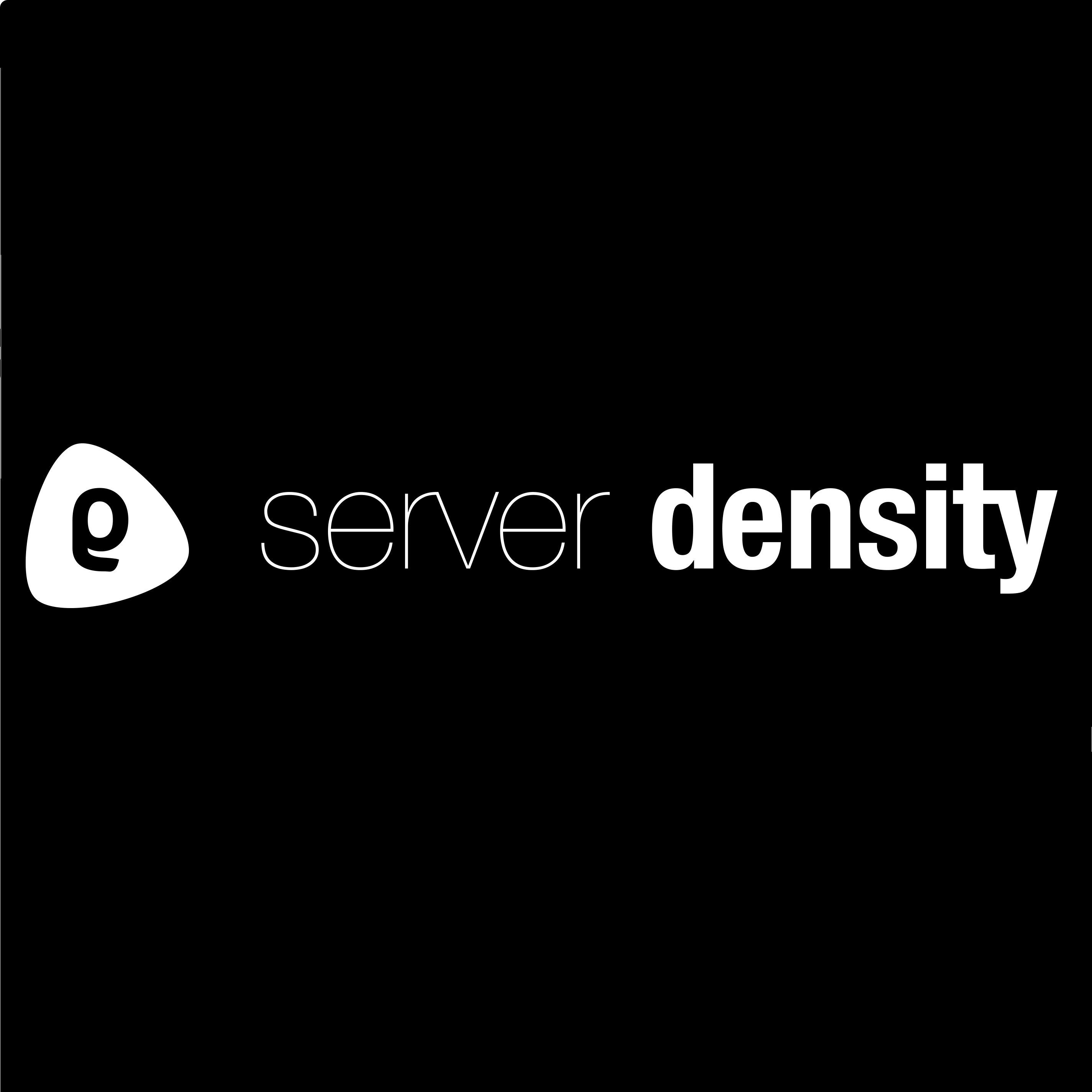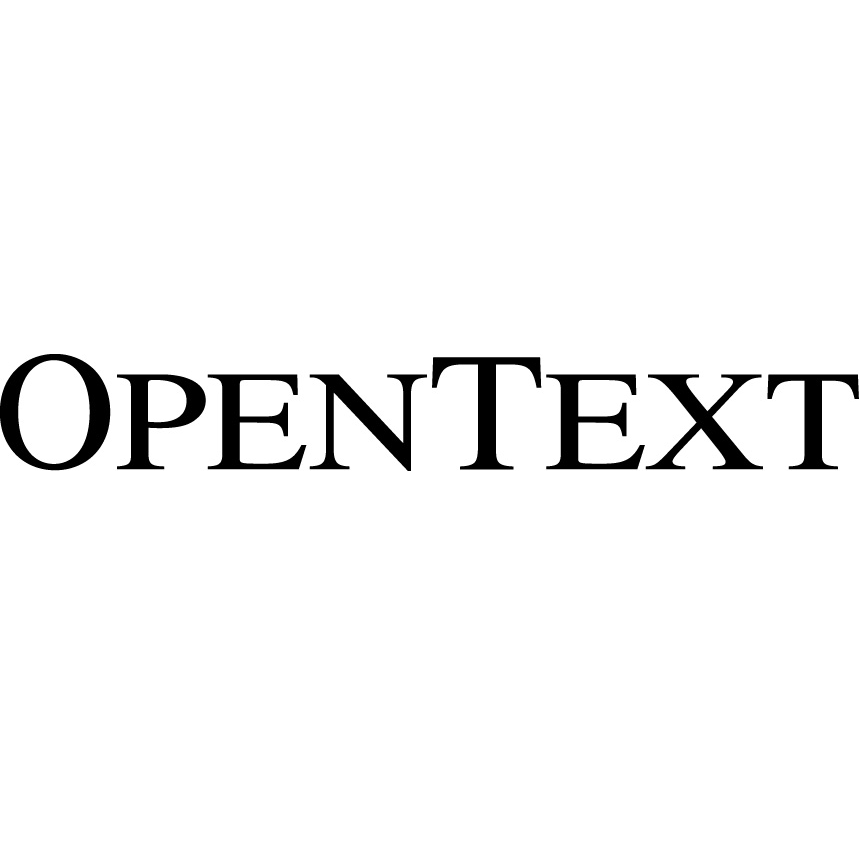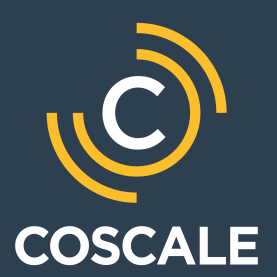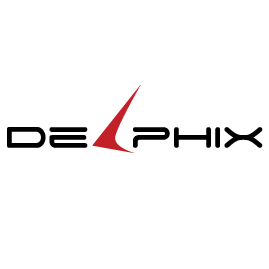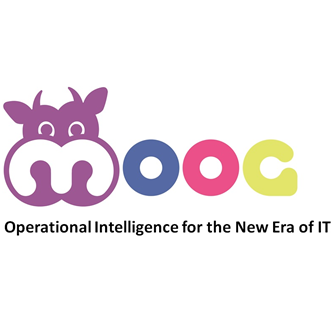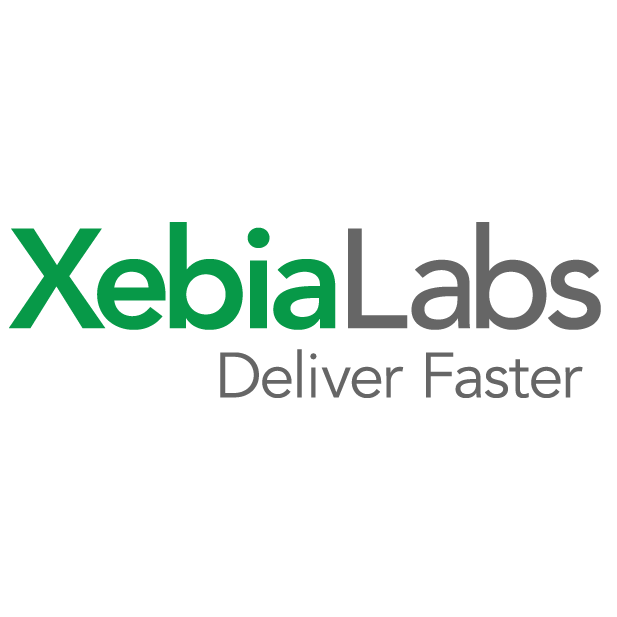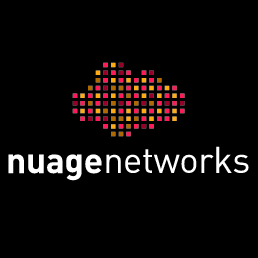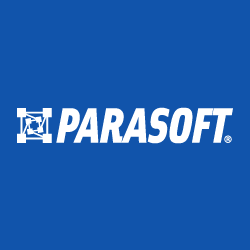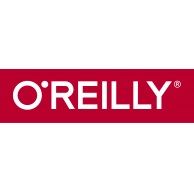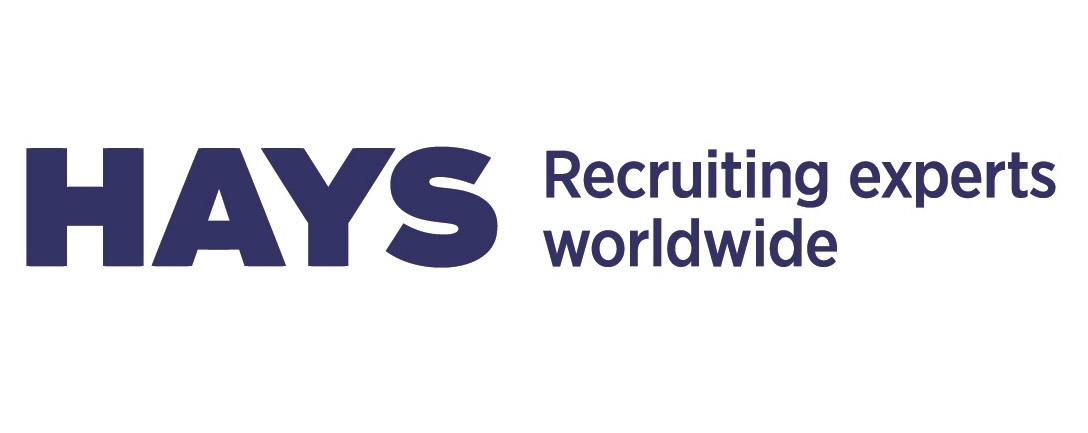
London 2016 - presenters
Platinum sponsors
Talks
We are Great at DevOps but the Enterprise is Failing with Joanne Molesky
 slides
slides
DevOps and Continuous Delivery (CD) allow us to deliver IT services and products faster and more reliable than product owners ever dreamed of. However, many enterprise management processes and practices are barricades that require dismantling to gain maximum benefit from this capability. In this session, we will talk about legacy management practices in Finance, IT Governance and Procurement and how they inhibit our ability to extend the benefits and create more value to our customers when we embrace DevOps and CD. We will provide examples from large enterprises that demonstrate how we can use Lean Thinking and Principles to break down these management barricades and deliver even more value to our customers.
About the Speaker
Joanne Molesky is a Principal Associate at ThoughtWorks and is coauthor of The Lean Enterprise: How High Performance Organizations Innovated at Scale. She specializes in IT Governance, Risk and Compliance and has led our global practice team for Continuous Delivery and the internal Information Security team.
Since publishing the book with co-authors Jez Humble and Barry O'Reilly, she has been traveling the globe, presenting to executives how the principles behind the Lean movement can be applied to the use of information technology to improve their organization's performance.
Joanne is recognised by HP Enterprise as one of the five women IT leaders to watch in 2016.
Twitter:
@jemolesky @leanenterprise
Blog:
https://www.thoughtworks.com/insights
Bimodal and Other Snakeoil with Kris Saxton
Bimodal IT is being presented by some analysts and vendors as the strategic response to the supposedly intractable task of reforming legacy estates while continuing to innovate.
In this talk, we will argue that this approach is a flawed oversimplification which, when adopted, results in lost opportunities, delays crucial decisions on how we evolve our legacy systems, and ultimately cripples the very ability to innovate we seek to protect.
Based on the experience of 5 projects (4 within large retail or investment banks and 1 with a large reinsurer) over the past two years, we will attempt to show that agile and devops teams within large financial organisations cannot hope to succeed without dealing with legacy environments, but also provide reassurance that these teams already have everything they need to both innovate and evolve their legacy environments.
About the Speaker
Kris has been a UNIX systems engineer for more than 10 years, with more than half of that time spent building ISPs and ASPs. A technical authority on all things data centre, he has held CTO positions and worked on automating server estates comprised of tens of thousands of machines.
A London School of Economics graduate and erstwhile Mountaineer, proprietary software is his mistress, but his heart lies with open source software.
Twitter:
@ KrisSaxton
Blog:
Minimum Viable Platform: The 6 Characteristics of Operationally Mature Production Environments with Casey West

Operational maturity for a distributed-systems production environment requires a clear understanding of the 6 high-level characteristics common to operationally mature production environments:
Routing and load balancing
Backing services broker
Infrastructure orchestration
Health management, monitoring and recovery
Immutable artefact repository
Log aggregation
In this interactive talk, we will explore the critical capabilities necessary to create a mature production platform with these characteristics. We will present these capabilities in the form of a useful rubric for you to create your own Minimum Viable Platform effectively.
What's more, you will gain insights on what life is like in the day-of-the-life of teams who have the operational maturity of a Minimum Viable Platform.
About the Speaker
Casey West is a Principal Technologist focused on Pivotal's Cloud Foundry Platform and lives in Pittsburgh raising three sarcastic children.
Working with Internet infrastructure, web app security, and design taught Casey to be a paranoid, UX-oriented, problem solving Internet plumber; his earliest contributions to Perl live to this day on your Mac. Casey's speaking and writing ranges from open source communities and culture to technical architecture and automation tips and tricks.
Twitter:
@caseywest
Blog:
http://caseywest.com/
Inside Microsoft Engineering: DevOps Lessons Learned with Thiago Almeida
Many Microsoft teams are embracing organisational changes and culture shifts necessary for adopting DevOps including teams responsible for delivering Bing, PowerBI, Azure, Visual Studio, MSN and Microsoft Developer Network.
In this session, we will share with you a multitude of DevOps transformation stories among the teams and provide details of their transformations, ranging from shifts in roles and accountabilities to mindset changes and metrics. We will also provide recommendations based on lessons learned and what we would do differently if we could do it again.
About the Speaker
Thiago grew up in Brazil and lived in New Zealand for a long time before joining the Microsoft team in Redmond. He's part of the team that drives adoption of new technologies, focusing on cloud computing, open source, and DevOps practices.
Twitter:
@nzthiago
Blog:
http://talmeida.net
Let's talk about Security with Justin Cormack
Having a conversation about security between developers, security professionals and ops requires a common language, and tools that respect that language.
In this talk I discuss a conversational approach to defense, in depth approaches to application security, going from a high level language about what a program is intended to do, and applying this to tools that restrict behaviours.
Appropriate language depends on the problem domain, so I will look at concrete examples. The first case is the OpenBSD pledge system, introduced last year. This has been the most successful rollout of a capability reduction system, with it applied to the majority of the programs in the base system within a few months. It is however successful because it targets the language of a particular problem domain, and is not necessarily directly applicable elsewhere.
As a second example I will look at the ongoing work we are doing at Docker to apply the pledge model to make a language for describing containerised applications, looking at the differences in the domain languages for a different type of application.
About the Speaker
Justin Cormack is an engineer at Docker, and co-author of Docker in Production: Lessons from the Trenches. He worked for Unikernel Systems, and now Docker in Cambridge UK. He is interested in how we can make systems software adapt to modern devops practices, as it is one of the last areas to aspire to the monolithic and slow moving
Twitter:
@justincormack
My Top Five Lessons Learned: DevOps In Large, Complex Organizations with Gene Kim
For me, nothing inspires more awe and more learning than studying how large, complex organizations that have been around for decades, or even centuries, are mobilizing around DevOps and getting the same amazing outcomes that we typically see in organizations like Amazon, Google, Netflix and Etsy. They are elevating the state of the engineering practice in organizations that often have thousands of development, test and operations engineers, improving organizational outcomes and making work more humane and fun.
I can’t wait to share with the DevOpsDays community what I’ve learned, share the problem roadmap that’s been verbalized, and some of the things we’ve been working on to help people overcome those problems!
See you there!
About the Speaker
Gene is a multiple award winning CTO, researcher and author. He was founder and CTO of Tripwire for 13 years. He has written three books, including “The Phoenix Project: A Novel About IT, DevOps, and Helping Your Business Win,” “The Visible Ops Handbook” and the upcoming “DevOps Handbook.”
Gene is a huge fan of IT operations, and how it can enable developers to maximize throughput of features from “code complete” to “in production,” without causing chaos and disruption to the IT environment. He has worked with some of the top Internet companies on improving deployment flow and increasing the rigor around IT operational processes. In 2007, ComputerWorld added Gene to the “40 Innovative IT People Under The Age Of 40” list, and was given the Outstanding Alumnus Award by the Department of Computer Sciences at Purdue University for achievement and leadership in the profession.
@RealGeneKim
Blog
http://itrevolution.com/devops-blog/
Rate of Change, (Un)opinionated Platforms and Devops Coevolution by Gareth Rushgrove
There has been a recent explosion in new technologies for running software systems.
Many architectures are now based on ever smaller (micro) services.
The devops movement has crossed the chasm and become mainstream with operators and developers working more closely together than ever before.
These three threads are the result of coevolution - where a change in one practice has a direct effect on others.
Join us to gain insights on how the adoption of practices such as devops and microservices, and tools such as platform as a service, are interconnected. You'll also develop a better understanding of how devops emerged in widely different organisations. Last, but by no means least, we'll explore the power of coevolution which makes cause and effect bi-directional, making it possible to leverage what you do and how you do it to improve your organisation as a whole.
About the Speaker
Gareth Rushgrove is a senior software engineer at Puppet Labs. He works remotely from Cambridge (UK) building interesting tools for people to better manage infrastructure. Previously he worked for the UK Government Digital Service focused on infrastructure, operations and information security.
When not working he can be found writing the Devops Weekly newsletter or hacking on software in new-fangled programming languages.
Twitter:
@garethr
Blog:
http://www.morethanseven.net
Enterprise Ops Rising with Jeromy Carriere

As enterprise organisations move to the cloud they are faced with numerous operational and security challenges. First, they need to manage and monitor large numbers of systems and microservices. Second, they need to ensure proper application functioning and compliance with relevant standards. Last, but by no means least, they need to do all of that in a hybrid model - bridging across infrastructure platforms and legacy applications. In this session, we will look at the changing requirements, opportunities, and challenges for the DevOps community as enterprises move to the cloud. In particular, we will examine the intersection of ops and governance and how we see practices evolving there as well as where gaps remain. We will conclude with insights from Google's own experience deploying applications on its cloud platform.
About the Speaker
Jeromy Carrier works an Engineering Director at Google. He specialises in Software and systems architecture, architecture evaluation, architecture-based software development lifecycle design.
Twitter:
@ sjcarriere
Blog:
Ignites
From Lean in Automative to Lean IT with Philippe Guenet
There is much we can learn from Lean in the automative industry, dating back to Henry Ford and Toyota and looking forward to the now more modern iterations and implementation of Lean.
In this talk, we will revisit fundamental Lean concepts and principles applicable to IT and explore how they can be applied to improve our organisations. The topics we will cover include Total Quality Management, organisation optimisation, simplification and improved time-to-market.
About the Speaker
Philippe joined GFT (previously as Rule Financial) in 2011 and has worked on the Operational Excellence of IT delivery in the Financial sector.
With a view to scale Agile adoption, Philippe has focused on Lean and DevOps and the transformation of Banks to continuous delivery. Beyond the technology, Philippe is interested in the Management aspects: organisation, governance, management information, continuous improvement programmes, Enterprise and Solution Architectures.
Outside of work, Philippe loves spending time with family, is a motorsport enthusiast (owning several motorcycles) and thrill seeker practicing off-piste skiing and BMX racing.
Twitter:
@WeAreLeanIT
Blog:
Agile your ITIL - Bringing DevOps Benefits to IT Service Management with Claire Agutter
Many large financial enterprises have spent years implementing frameworks, standards and methodologies to try and get IT 'right'. One of the most commonly adopted of these is ITIL, enabling organisations to put in place fundamental processes such as incident management and change management. The result of implementing of ITIL may lead to IT staff feeling overloaded and resist DevOps initiatives because they've only just 'finished' ITIL. What's more, the problem is that ITIL is typically restricted to operations while agile thinking remains exclusively limited within IT development. In this talk, we will focus on bringing elements of agile thinking to IT service management to provide the benefits of DevOps without overwhelming an organisation and its staff. In particular, we will be looking at ways to unite dev and ops, apply agile thinking to ITSM processes and redefine what we mean by 'service' and 'product'. The result will be a better understanding of how to adopt DevOps in large organisation by evolution, not revolution.
About the Speaker
Claire Agutter is the director of ITSM Zone, providers of high quality e-learning for IT professionals. Claire uses her background in service management operations and consultancy to blend old and new best practice to give organizations the toolkit they need to deliver business value. From ITIL to DevOps, OBASHI and Agile Service Management, Claire believes in sharing knowledge and experience between organizations, and hosts the popular ITSM Crowd hangouts that provide practical advice to professionals around the world.
Twitter:
@claireagutter
Blog:
http://itsm.zone/knowledge-desk
You don't scale with Oliver Wood
 slides
slides
Back in 2008 I worked myself into hospital, collapsing a disc in my spine and ending up taking 3 months off work and having some surgery. I'd like to highlight how we all focus on scaling servers, but need to look after ourselves.
About the Speaker
Twitter:
@coldclimate
Blog:
Vendors or Partners? DevOps with Multiple Enterprises with Benjamin Wootton
About the Speaker
Benjamin Wootton is a co-founder of Sendachi, a consultancy that help organisations apply DevOps, Continuous Delivery and Pragmatic Agile practices to improve the outcomes of software delivery projects. He is also the organiser of Docker London Meetup.
Twitter:
@ benjaminwootton
Blog:
The Mondo DevOps Experience with Simon Vans-Collina
What are some of the things you have to differently, when you're doing DevOps at a Startup Bank.
About the Speaker
Simon is a DevOps, Infrastructure, and Platform engineer at Mondo, a StartUp building a bank.
Twitter: @simonvc
Blog:
Four things I learnt about DevOps when my car was engulfed by flames with John Clapham
This is the story of the things I learnt when my car caught fire while driving through a less-than-salubrious area of Bristol one sunny afternoon. The whole experience lasted just half an hour and yet it was rich in learning, with uncanny parallels to the challenges we face encouraging DevOps in organisations.
About the Speaker
John Clapham is an independent coach, trainer and consultant. Founder of Cotelic, he specialises in DevOps and Agile, helping teams to build great products, and organisations to become more effective, productive and enjoyable to work in. His broad experience in software development ranges from start-up to enterprise scale, formed in the publishing, telecommunications, commerce, defense and public sector arenas.
John’s initiatives are fuelled by coffee, Lego and Bristol's frequent inclement weather. He occasionally surfaces as @JohnC_Bristol, and has been rumoured to blog at johnclapham.wordpress.com
Twitter:
@johnC_Bristol
Blog:
johnclapham.wordpress.com















